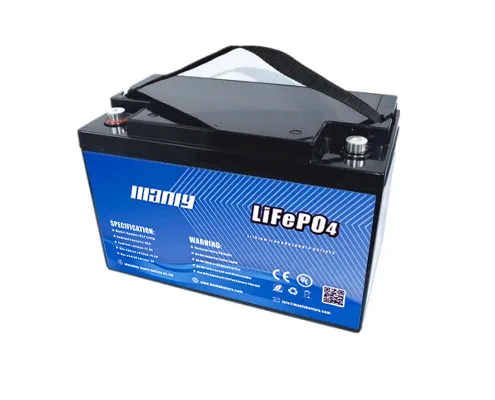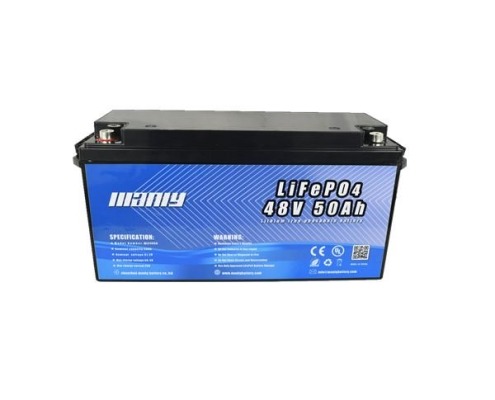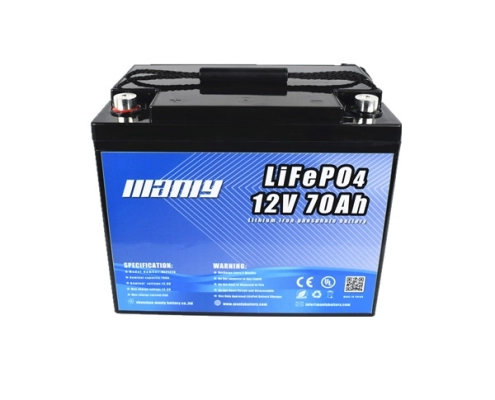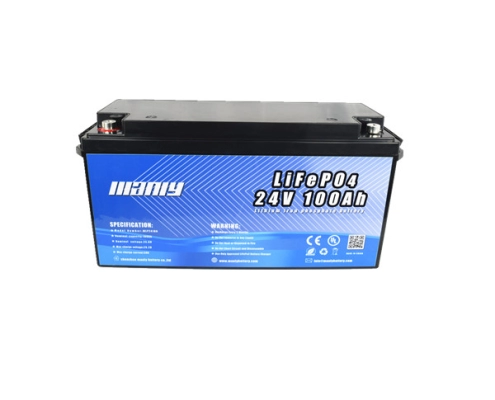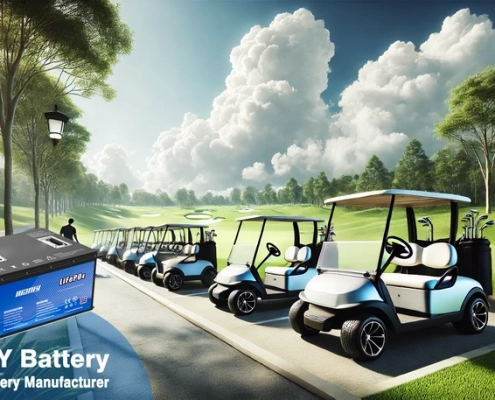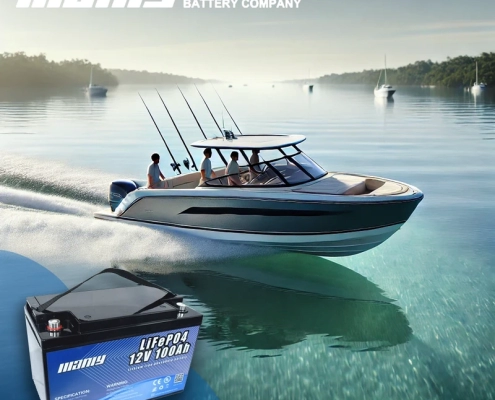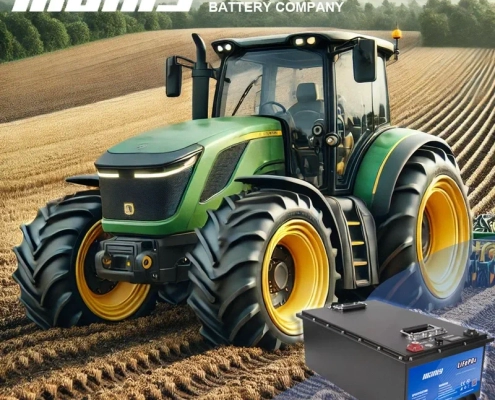Wholesale Price Calculator – Lithium Battery Wholesale Price
- Cost Price
- $0.00
- Sale Price
- $0.00
- Profit
- $0.00
- Gross Margin
- 0.00%
How to Figure Out Wholesale Price
What is Wholesale Price?
Wholesale price refers to the amount charged by manufacturers to retailers or distributors who purchase products in bulk. It is a reduced price compared to the retail price, which allows the reseller to make a profit when selling to end customers. For companies like ours, selling lithium batteries at wholesale prices means we provide these businesses with a reasonable profit margin while covering our production and overhead costs.
However, setting the right lithium battery wholesale price is more than just applying a simple formula. It involves carefully balancing costs, market demand, and profit margins to ensure we remain competitive while still generating profit. If priced too low, we risk reducing profitability. If priced too high, we may lose customers to competitors. Thus, finding that sweet spot is key to long-term business success.
Calculating the Lithium Battery Wholesale Price
To accurately determine the lithium battery wholesale price, several factors need to be considered:
1. Cost of Goods Manufactured (COGM): The production cost, also known as the cost of goods manufactured (COGM), is the first and most crucial step in pricing our batteries. This cost includes all the expenses incurred to produce each lithium battery. It consists of:
- Raw Materials: Lithium-ion components, packaging materials, and other necessary supplies.
- Labor Costs: The wages paid to the workers responsible for assembling the batteries.
- Manufacturing Overheads: These are indirect costs such as the maintenance of equipment, factory utilities, and administrative costs.
2. Overhead Costs: In addition to production, we must account for our overhead costs. These include:
- Shipping and Handling: The cost of transporting finished batteries to customers or distribution centers.
- Storage: The expenses associated with warehousing the products until they are shipped.
- Utilities and Rent: These fixed expenses cover the daily operation of our manufacturing facilities.
3. Profit Margin: After accounting for all costs, we apply a desired profit margin. The profit margin ensures that we can continue operating our business, reinvest in research and development, and expand our production. A standard wholesale profit margin can range from 25% to 50%, depending on the industry, the product, and market demand.
For example, if it costs $50 to produce a lithium battery (including raw materials and overhead), and we aim for a 50% profit margin, the lithium battery wholesale price would be calculated as follows:
Wholesale Price = (Production Cost + Overhead Costs) + (50% Profit Margin)
Wholesale Price = $50 + 50% of $50 = $75
Therefore, the wholesale price for this battery would be $75. This price allows distributors to purchase in bulk and still make a profit when they resell the batteries at retail prices.
Market Considerations in Wholesale Pricing
Beyond simply calculating the lithium battery wholesale price, it’s essential to consider market factors that can impact our pricing strategy. The battery market is highly competitive, and understanding the external forces that affect pricing will help us remain competitive while ensuring profitability.
- Market Demand: One of the first things to consider is the demand for lithium batteries. Lithium batteries are used in a wide range of applications, from electric vehicles and golf carts to renewable energy storage systems. As demand increases for more eco-friendly energy solutions, the demand for lithium batteries grows, pushing prices upward.However, if market demand decreases or if new competitors enter the market, we may need to adjust our lithium battery wholesale price to remain attractive to buyers.
- Competitor Analysis: Keeping an eye on competitor pricing is essential. If our competitors are offering similar lithium batteries at lower prices, we may lose potential customers. This is where maintaining a balance between competitive pricing and profitability becomes critical. We need to offer a price that is both competitive and fair, without sacrificing our profit margins.
- Economic Conditions: The economy plays a significant role in pricing. Inflation, changing raw material costs, and fluctuating exchange rates can all impact the cost of producing lithium batteries. When these costs rise, it’s important to reassess the lithium battery wholesale price to reflect the current market conditions.
- Customer Preferences: Understanding our customers is key to setting the right wholesale price. For example, if a distributor values bulk discounts or is willing to pay a premium for faster shipping, we can adjust our pricing and offer incentives accordingly. We must also consider what features customers prioritize, such as long battery life, safety features, or eco-friendly packaging. These factors can justify a higher lithium battery wholesale price if the customer perceives value in the added benefits.
The Importance of Wholesale Pricing for B2B Clients
Our company focuses on selling lithium batteries to B2B clients, including distributors, retailers, and even installers. These clients rely on us to provide competitive lithium battery wholesale price points that allow them to resell our products with a reasonable profit margin. Here’s why maintaining the right pricing is so important:
- Profitability for Distributors: When distributors purchase lithium batteries from us at a wholesale price, they aim to resell the batteries either to retailers or directly to consumers. The lithium battery wholesale price must be low enough for the distributor to add their markup and still offer a competitive retail price. If our wholesale price is too high, distributors may struggle to resell the batteries at a profit, which can deter them from doing business with us.
- Building Long-Term Relationships: Fair and competitive pricing helps us build long-term relationships with our B2B clients. When clients trust that we offer reliable products at a fair lithium battery wholesale price, they are more likely to return to us for future purchases. This trust fosters loyalty and repeat business, which is crucial for long-term growth.
Wholesale Pricing Strategy for Lithium Batteries
In addition to understanding the basic formula for calculating the lithium battery wholesale price, it’s essential to implement a strategic approach. A successful wholesale pricing strategy involves not only covering costs and setting profit margins but also adapting to the market and customer needs. Here are several strategies our company uses to set an optimal lithium battery wholesale price that benefits both us and our clients.
1. Absorption Pricing
Absorption pricing is one of the most straightforward methods used to determine the wholesale price. This method involves calculating all the costs related to production and overhead and then adding a markup to ensure profitability. The benefit of this method is that it simplifies the pricing process and guarantees that all costs are covered.
For example, if producing a lithium battery costs $60 in raw materials and labor, and we add an overhead cost of $10 per unit, the total cost is $70. Using absorption pricing, we could add a 50% markup for profit, resulting in a lithium battery wholesale price of $105. This ensures that we are not only covering our production costs but also generating enough profit to sustain our business.
However, one limitation of absorption pricing is that it does not account for competitive factors or market demand. While it guarantees profitability, it may not always provide the best price for our customers if competitors are offering similar batteries at lower prices. Therefore, absorption pricing should be used with caution and balanced with other strategies.
2. Keystone Pricing
Another common method is keystone pricing, which is often used in the retail industry. Keystone pricing involves doubling the cost of production to determine the wholesale price. For example, if the cost of manufacturing a lithium battery is $40, the lithium battery wholesale price would be set at $80 using keystone pricing.
Keystone pricing offers simplicity, as it relies on a basic formula. However, like absorption pricing, it does not take into account external factors such as market demand, competition, or customer willingness to pay. While keystone pricing may work for certain products, it might not always be the best strategy for lithium batteries, especially in a competitive market where flexibility is required.
3. Competitive Pricing
To remain competitive in the lithium battery market, we also employ competitive pricing strategies. Competitive pricing involves setting our lithium battery wholesale price based on the prices offered by competitors. This strategy is particularly useful in industries where products are similar across different manufacturers, as is often the case with lithium batteries.
By monitoring the prices of similar lithium batteries offered by other manufacturers, we can ensure that our pricing remains attractive to B2B clients. For example, if a competitor is selling a similar battery for $100, we might adjust our lithium battery wholesale price to match or slightly undercut that price to attract more business.
However, competitive pricing must be balanced carefully. If we lower our prices too much, we risk reducing our profit margins and compromising the quality of our products. Therefore, while competitive pricing is useful for attracting customers, it should always be balanced with the need to maintain profitability.
4. Volume-Based Discounts
One of the most effective strategies for setting lithium battery wholesale prices is offering volume-based discounts. This approach incentivizes customers to purchase larger quantities of batteries by offering them a lower price per unit as the order size increases. Volume-based discounts are particularly useful for distributors who purchase large orders for resale.
For example, we might set the lithium battery wholesale price at $80 per unit for orders of less than 200 units. For orders between 200 and 500 units, we could offer a 5% discount, reducing the price to $76 per unit. For orders of more than 500 units, we could provide a 15% discount, lowering the price to $68 per unit.
Volume-based discounts encourage larger orders, which benefits both our company and our customers. Customers save money on each unit, while we benefit from the increased volume of sales. Additionally, this strategy helps build long-term relationships with B2B clients who appreciate the savings they receive by ordering in bulk.
Market Trends and Factors Influencing Lithium Battery Wholesale Price
The lithium battery wholesale price is not static; it fluctuates based on several market-driven factors. Understanding these trends is essential for setting a competitive and profitable wholesale price. Here are the most critical elements:
- Raw Material Costs: Lithium, cobalt, and other materials used in battery production often experience price volatility. As the costs of these raw materials rise or fall, the lithium battery wholesale price must be adjusted accordingly to maintain profitability.
- Technological Advances: Improvements in battery technology can reduce production costs or enhance battery performance, allowing manufacturers to adjust their pricing. As more efficient production methods are developed, we can offer better products at a lower cost, while maintaining our desired profit margins.
- Demand Fluctuations: Market demand for lithium batteries, driven by sectors like electric vehicles, renewable energy, and consumer electronics, plays a key role in setting wholesale prices. High demand often allows for higher prices, while periods of low demand may require competitive price reductions to attract customers.
- Global Supply Chain Factors: Shipping costs, tariffs, and geopolitical factors can all influence the lithium battery wholesale price. For instance, changes in global trade policies or transportation disruptions can increase the costs associated with delivering products to customers.
- Regulatory Compliance: Lithium batteries must comply with various safety and environmental standards. Any changes to these regulations can impact production costs, which in turn affect the wholesale price.
Quality and Affordability: MANLY Battery’s Competitive Lithium Battery Wholesale Prices
In addition to understanding the various pricing strategies for our lithium batteries, it’s important to highlight the value MANLY Battery brings to the table. Our lithium battery wholesale price is not only competitive but also reflects the high quality of the products we manufacture. With over 13 years of experience, MANLY Battery ensures that each battery is produced with top-tier materials and advanced safety features, making it both reliable and durable. Our vast production capacity allows us to meet large orders while maintaining affordability, making our wholesale prices particularly attractive to distributors and resellers.
At MANLY Battery, we take pride in offering tailored solutions, ensuring each battery meets the specific needs of our customers. Combined with global certifications and a 10-year warranty, our batteries offer an unmatched balance of quality and cost-effectiveness, providing excellent value at every lithium battery wholesale price point. This commitment to quality and affordability is why our clients trust us as their go-to lithium battery supplier.
Conclusion
Setting the right lithium battery wholesale price requires a deep understanding of production costs, market conditions, and customer needs. By using a combination of pricing strategies—such as absorption pricing, volume-based discounts, and competitive pricing—manufacturers can offer attractive wholesale prices while ensuring profitability. Staying aware of market trends and adjusting prices accordingly will help maintain a competitive edge in the lithium battery industry.


